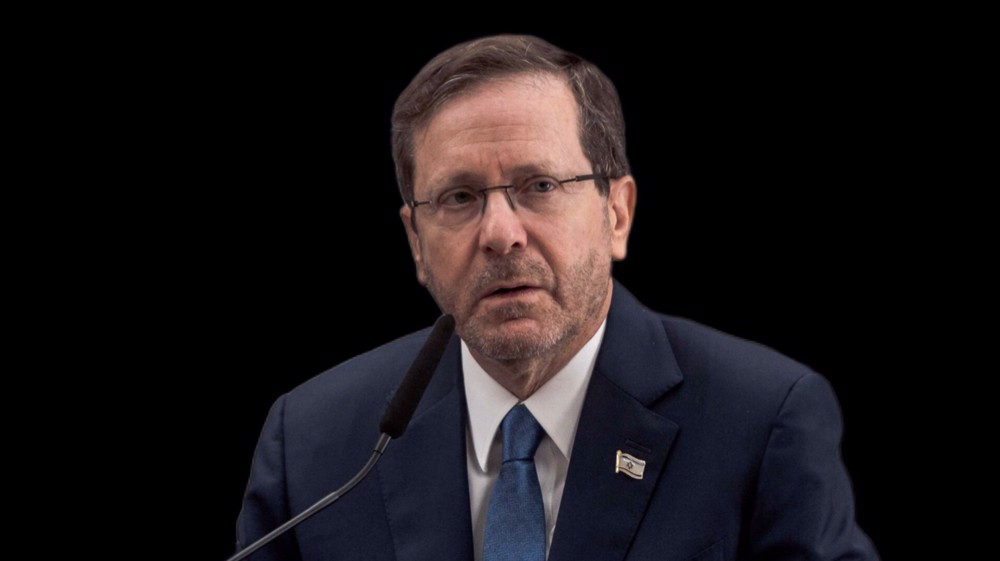More ministers quit embattled Australian PM’s cabinet
Three more ministers have resigned from the cabinet of embattled Australian Prime Minister Malcolm Turnbull, further lowering his chances of continued leadership, as a second premiership vote looms at parliament.
In a major blow, Turnbull’s influential Finance Minister Mathias Cormann, along with the ministers of employment and education, resigned and announced that he no longer supported the incumbent premier on Thursday.
“It is in the best interests of the [ruling] Liberal Party to help manage an orderly transition to a new leader,” said Cormann.
The 63-year-old prime minister narrowly won a first leadership vote, against Peter Dutton, his then-home affairs minister, 48 to 35 on Tuesday.
Dutton, who resigned from his cabinet post after losing the vote, said on Wednesday that he had lobbied in parliament for support and was now confident that he would be chosen for leadership this time.
“Earlier this morning, I called the prime minister to advise him that it was my judgment that the majority of the party room no longer supported his leadership,” Dutton said in a brief statement, adding, “As such, I asked him to convene a meeting of the Liberal Party at which I would challenge for the leadership of the parliamentary Liberal Party.”
In response, Turnbull said he would call a party meeting for midday on Friday (0200 GMT) if he received a letter with the signatures of 43 legislators for a new vote. He added that he would not stand in the vote and would quit parliament provided that a leadership spill motion was then passed.
“If the motion is carried, I will treat that as a vote of no confidence and I will not stand as a candidate in the ballot,” Turnbull told reporters in the capital, Canberra, later in the day.
If the confidence vote is held and Turnbull fails to secure it, he will practically set up a contest for leadership among Dutton, Treasurer Scott Morrison, and Foreign Minister Julie Bishop. The latter two have only lately thrown their hats into the leadership ring.
Local media reported that Morrison, Turnbull’s right-hand man, would stand for the leadership in an attempt to derail Dutton’s run for power.
Bishop, too, has been deputy leader of the party since 2007.
Before the three ministerial resignations that came on Thursday, ten other ministers, Dutton included, had already resigned.
Turnbull accepted only two of the earlier resignations, those of Dutton and International Development Minister Concetta Fierravanti-Wells. He insisted on Wednesday that the eight others had since “given me unequivocal assurances of continuing loyalty and support.”

There are mixed views regarding Dutton. His supporters describe him as a pragmatic legislator who gets things done. His opponents accuse him of holding a racist and a strong anti-refugee worldview.
The forty-seven-year-old Dutton has promised that he would focus on lowering electricity prices, cutting immigration to ease population pressures, and boost water investment to help drought-stricken farmers if he becomes prime minister.
In the past decade alone, three sitting PMs have been replaced by party rivals within their first terms.
Australia is due to hold general elections before May next year.
VIDEO | Global order on the brink
VIDEO | 47th anniv of Islamic Rev.
Israeli claims of ceasefire violations meant to 'justify massacres' in Gaza: Hamas
Iran says framework for talks with US taking shape
US government partially shuts down as ICE killings spark funding standoff
VIDEO | Trump may have sent an 'armada', but Iran has options
VIDEO | Resisting through music: When art defends Palestinian identity
VIDEO | Press TV's news headlines











 This makes it easy to access the Press TV website
This makes it easy to access the Press TV website